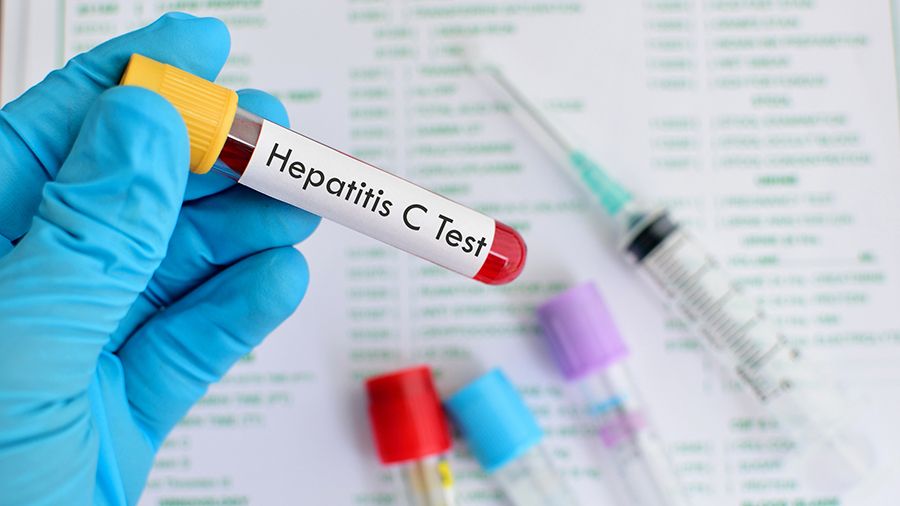HONOLULU — A partnership between the Hawaii Department of Health, Diagnostic Laboratory Services and Clinical Laboratories of Hawaii aims to encourage health care providers to “reflex” hepatitis C testing to expedite confirmation of the viral infection, leading to faster diagnoses and cures.
Hepatitis C is currently screened through antibody testing, but then requires a separate RNA test to confirm infection. Reflex testing assures that when an antibody screening test is positive, the specimen is automatically processed by the laboratory to confirm hepatitis C infection using an RNA test from the same blood sample, according to a DOH news release.
DOH, DLS and CLH urge providers to order the “reflex” option when screening for hepatitis C for a timely diagnosis.
“By promoting the option to ‘reflex’ hepatitis C screening tests to confirmatory tests, our local labs are helping to improve the pathway to cure for many people in Hawaii,” said Thaddeus Pham, DOH Viral Hepatitis Prevention coordinator, in the release. “Our labs have always been essential partners in public health, and we are excited and grateful for their partnership to ensure more people get timely access to hepatitis C curative treatment, starting with diagnosis.”
The Centers for Disease Control and Prevention currently recommends testing for hepatitis C at least once for all adults over 18 years of age, regardless of any known risk. It’s a simple blood draw and can be requested through health care providers.
The spread of hepatitis C is primarily through blood-to-blood transmission, such as “through shared injection equipment.” The viral infection, which can be a short-term or chronic condition, causes liver inflammation and damage that can lead to life-threatening problems such as cirrhosis and liver cancer.
Nearly half of people with hepatitis C don’t feel sick and are unaware of their infection, and by the time symptoms appear, it’s often a sign of advanced liver disease, according to the CDC. Therefore, a timely and complete testing is the first step toward receiving treatment. However, according to the DOH, one in three people with a positive HCV-antibody test to not receive a confirmatory RNA test.
Hepatitis C is curable for more people within 12 weeks. A positive test for HCV RNA is required for diagnosis and treatment. DLS and CLH have the option for positive HCV antibody tests to be “reflexed” to automatically HCV RNA test from the same blood sample.
Developed by the DOH in collaboration with Hep Free Hawaii and over 160 community stakeholders, Hep Free 2030 is a statewide strategy to eliminate viral hepatitis in Hawaii by 2030.
Sarah Yamanaka covers events, environmental and community news for Spectrum News Hawaii.



